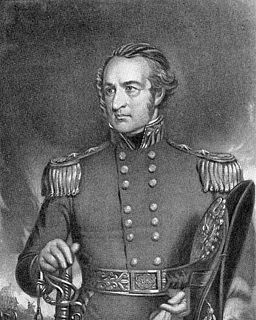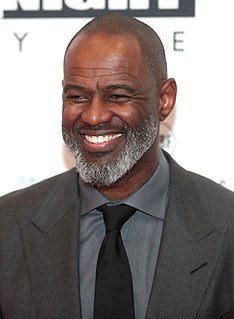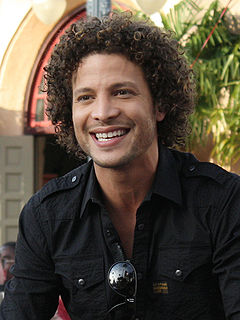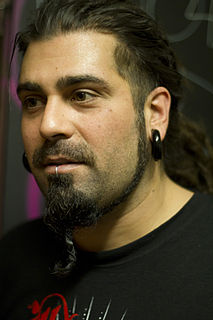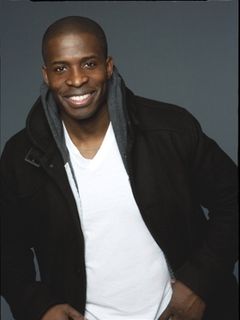A Quote by Robert Patterson
Here, we tell the story: why the people came here, what they did when they got here, going back to the Native Americans and coming all the way forward.
Quote Topics
Related Quotes
The biggest part of what Anita Hill did was take away the stigma of coming forward, and it took a lot for her to do that. We don't have these conversations, because of the fear that people won't believe you or you'll get attacked if you come forward. She came forward anyway and continued to tell her story.
The biggest threat to your creativity is the fear that it's already been done, said, created. (So why bother?)
Say it, do it, make it anyway - but tell YOUR story along the way.
The story of how you came to know what you know.
The story of what you want to know more of.
The story of why you do what you do.
The story of how you came to care.
And that's how you create what's never been created before.
People realize that we're very good at sending people to war, but we're not good at taking care of them. And people are coming back from war now; years ago, they would have been killed, now they're wounded; and they're coming back alive and with post-traumatic stress. So, I think Americans are sensible enough to know we've got to figure out a way to take care of them.
I know that my tendency is to be linear, and I'm trying to find ways to subvert that. And so in 'Bellocq's Ophelia' my device for subverting it was to tell the story and then to tell it again; it always circles back to this one moment, and it's not linear, but it's round in that way, and much of 'Native Guard' is like that.
I always knew from the beginning that this was the only way to write Then We Came To The End - that it had to be in first - person plural if it was going to illustrate how the individual becomes part of the collective. I had no interest in writing the book in a more conventional voice. It goes back to that fascination I had with telling a story in multiple ways. It was the only choice I gave myself, really - I said "This is it, pal. If you can't tell a story this way, you're going to have to abandon the book. Write it this way or give up."
What we did in the 1960s and early 1970s was raise the consciousness of white America that this government has a responsibility to Indian people. That there are treaties; that textbooks in every school in America have a responsibility to tell the truth. An awareness reached across America that if Native American people had to resort to arms at Wounded Knee, there must really be something wrong. And Americans realized that native people are still here, that they have a moral standing, a legal standing. From that, our own people began to sense the pride.
I went back and listened to the first three albums I made and tried to figure out what was special about them, why people keep going back to them. I think it was because I didn't know what I was doing. I had no idea if they were going to play it on the radio or anything. All I did was write songs, so that's what I got back to.
I did this campaign that was called "Back to the Basics" where I went back to the street, went back to my block, and really felt the people. We've got to go back to that sometimes. We distance ourselves from that and we see it from afar. Some people can't relate back to that; once you're out of it, they don't want to relate back to that. It's always good to get back to the basics, though. You've got to touch the roots, you've got to touch those people. Regardless of what's going on, people always respect that.
You know where the people who killed people in San Bernardino came from. You know where people who did 9/11 came from. You know where the people who did Paris came from, where they transited, where they went. None of them even set foot in Iran. So why are you punishing people who are visiting Iran for that? . . . We're not going to radicalize them. We never have. Your allies have radicalized people who visited.
